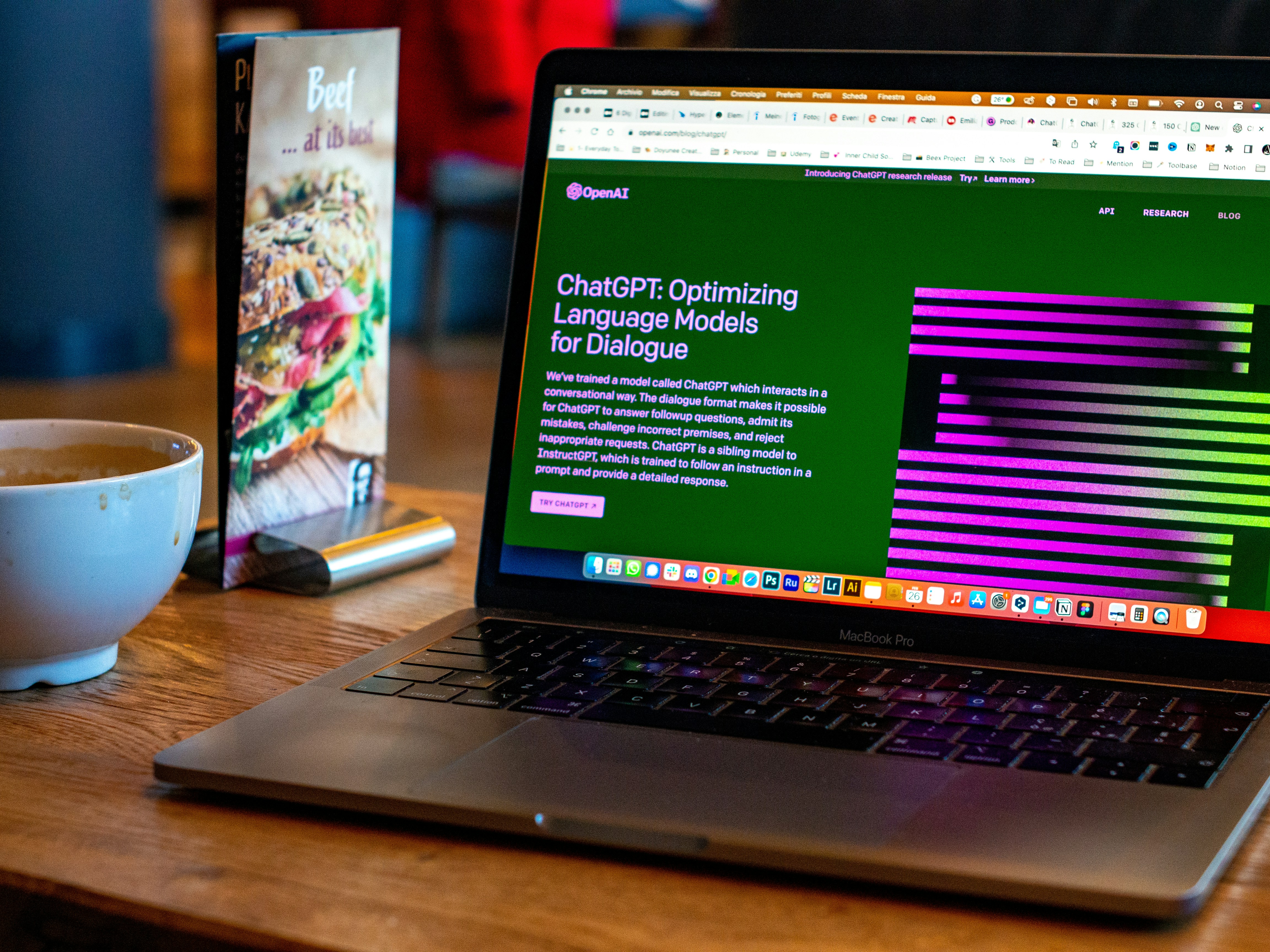Related Jobs
View all jobsQuantitative Developer
Quantitative Developer
Quantitative Developer - Middle Office/Risk
Quantitative Developer - Middle Office/Risk
Quantitative Developer
Subscribe to Future Tech Insights for the latest jobs & insights, direct to your inbox.
Industry Insights
Discover insightful articles, industry insights, expert tips, and curated resources.

Automate Your Data Science Jobs Search: Using ChatGPT, RSS & Alerts to Save Hours Each Week
Data science roles land daily across banks, product companies, consultancies, scaleups & the public sector—often buried in ATS portals or duplicated across boards. The fix: put discovery on rails with keyword-rich alerts, RSS feeds & a reusable ChatGPT workflow that triages listings, ranks fit, & tailors your CV in minutes. This copy-paste playbook is for www.datascience-jobs.co.uk readers. It’s UK-centric, practical, & designed to save you hours each week. What You’ll Have Working In 30 Minutes A role & keyword map spanning Core DS, Applied/Research, Product/Decision Science, NLP/CV, Causal/Experimentation, Time Series/Forecasting, MLOps-adjacent & Analytics Engineering overlaps. Shareable Boolean searches for Google & job boards that strip out noise. Always-on alerts & RSS feeds that bring fresh UK roles to you. A ChatGPT “Data Science Job Scout” prompt that deduplicates, scores match & outputs ready-to-paste actions. A simple pipeline tracker so deadlines & follow-ups never slip.

10 Data Science Recruitment Agencies in the UK You Should Know (2025 Job‑Seeker Guide)
With AI/ML embedded across industries, UK demand for data scientists is rising fast. Lightcast data shows +48 % year‑on‑year growth in UK job ads referencing “data science”, “ML”, “NLP” or “predictive analytics” during Q1 2025. Yet fewer than 16,000 fully credentialled data scientists are active, while monthly live roles hover around 1,700–2,000. Specialist recruiters offer the best access to curated roles, salary insights and prepped interview support. We screened 60+ agencies and included only those with: UK-registered head offices (Companies House verified) A named Data Science / Analytics practice ≥5 UK data science roles advertised between March–June 2025 This guide features the UK’s top 10 data science recruiters, salary benchmarks, in-demand skills, interview prep tips, FAQs and next steps.

Data Science Jobs Skills Radar 2026: Emerging Tools, Languages & Platforms to Learn Now
The UK’s data science job market is evolving fast—from forecasting models and AI assistants to real-time decision systems. In 2026, data scientists aren’t just expected to build models—they’re responsible for shaping insights that fuel everything from patient care to predictive banking. Welcome to the Data Science Jobs Skills Radar 2026—your essential annual guide to the languages, tools, and platforms driving demand across the UK. Whether you’re entering the job market or reskilling mid-career, this roadmap helps you prioritise the skills that matter most right now.